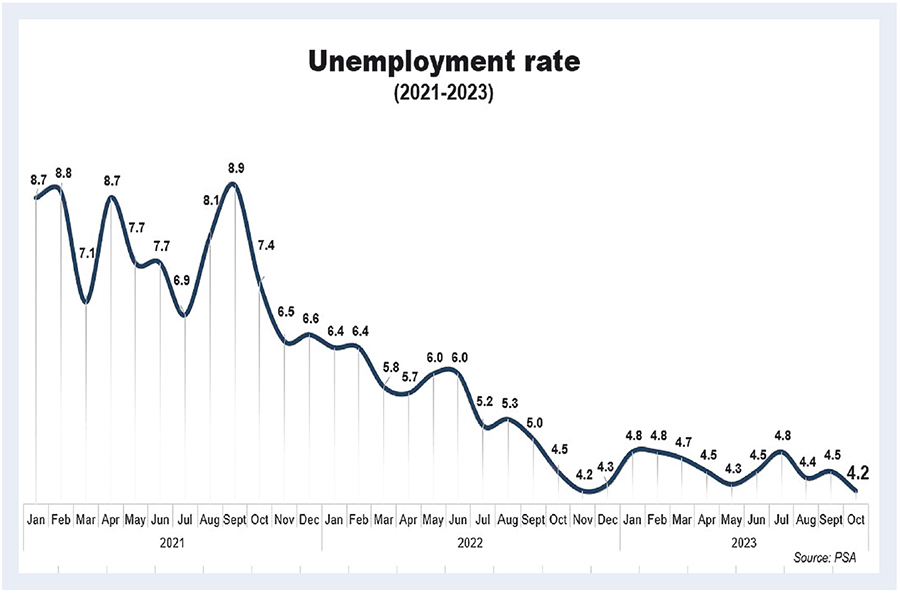Less than half or only 48 percent of the country’s population are receiving safely managed or piped water services, thus the World Bank said municipalities and cities need strong support from the national government for the Philippines to achieve universal access to safe water and sanitation.
In its report, the World Bank also said 63 percent have access to safely managed sanitation services or proper collection, treatment and disposal of human waste.
These figures are significantly lower than the regional East Asia Pacific average, which stands at around 74 percent for safe water access and 69 percent for access to sanitation.
“Ensuring access to safe water and sanitation services for all Filipinos should be a shared responsibility across different levels of government,” Ndiamé Diop, World Bank country director, said in a statement yesterday.
“In both rural and urban areas, reliable access to adequate water is vital for sustaining economic activity, especially in sectors like industry and tourism. Sustainable access to water and sanitation services is also needed to protect health, reduce the costs associated with water- and sanitation-related illnesses, malnutrition and productivity losses,” he added.
The Philippines aims to achieve universal access to safe water and sanitation services by 2030 in line with its commitment to the United Nations Sustainable Development Goals.
The National Economic Development Authority prepared a master plan in 2021 to meet this target, requiring investments amounting to over P100 billion a year from both the private and public sectors.
Local governments and water service providers alone are unable to achieve water and sanitation targets due to broader constraints that are beyond their control, according to Maria Fiorella Fabella, World Bank senior water supply and sanitation specialist.
Governance and regulation issues, lack of financing, capacity and operational challenges and the sustainability of raw water sources all constrain local governments’ efforts.
“These are common challenges encountered by many countries that have decentralized systems for delivering water and sanitation services,” Fabella said.
“To address these hurdles, it is crucial to adopt a coordinated approach led by the national government, working in collaboration with local governments and the private sector,” Fabella added.
The World Bank said support will need to address fundamental issues of capacity that service providers typically face, including through providing technical assistance and capacity-building, capital support and measures to make water supply and sanitation projects feasible and attractive to private investors. – Angela Celis





